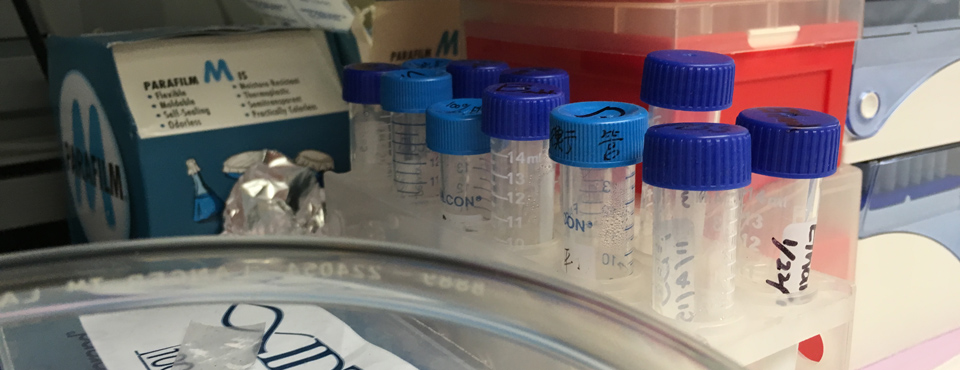Why Diagnostic Labs Are Key to Pet Health
Why Diagnostic Labs Are Key to Pet Health
Blog Article
The health of pets is a top priority, and ensuring their well-being is a responsibility. Veterinary diagnostic services are pillars of modern pet care in identifying health issues for companion animals.
Here, we’ll discuss why pet diagnostics are vital and highlight the most common exams.
What Are Veterinary Labs?
Animal health testing facilities offer diagnostic solutions for testing biological materials. They provide critical insights to tailor care to the pet’s needs.

How tests are conducted usually includes:
- Preparing samples for testing: Specimens from pets are collected at clinics.
- Laboratory analysis: State-of-the-art processes provide results.
- Analyzing findings: Labs share results with veterinarians for targeted interventions.
Key Diagnostics for Pet Health
Diagnostic exams are tailored to pet needs to address medical issues. Key lab services include:
- Biochemical screens: Assess organ function.
- Urine diagnostics: Check for diabetes.
- Fecal analysis: Ensure proper nutrient absorption.
- Allergy panels: Improve coat health.
- X-rays and ultrasounds: Evaluate bone and joint health.
The Benefits of Veterinary Testing
Ongoing evaluations ensures better outcomes. Through these tests, you save on emergency costs.

Why diagnostics matter include:
- Longer, healthier lives: Vets can tailor treatments.
- Lower medical expenses: Emergency costs are avoided.
- Knowing your pet is well: Manage concerns proactively.
laboratório veterinário santé
Conclusion: Veterinary Labs as a Cornerstone of Pet Health
Veterinary labs provide the foundation for accurate diagnoses. By making testing part of their care, you protect their well-being.
Start their journey to better health today and give your furry friends the best care possible!
Report this page